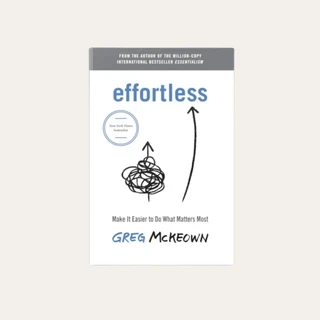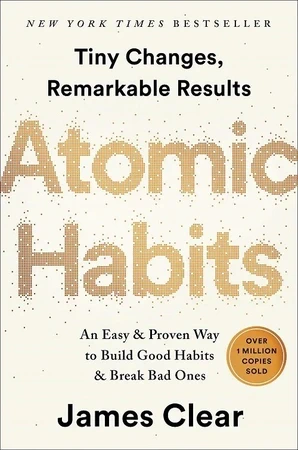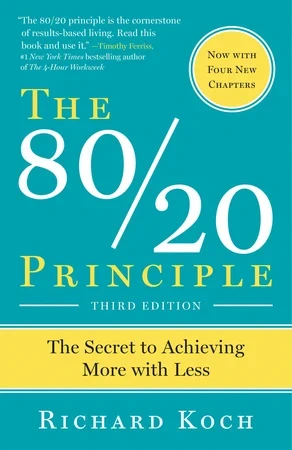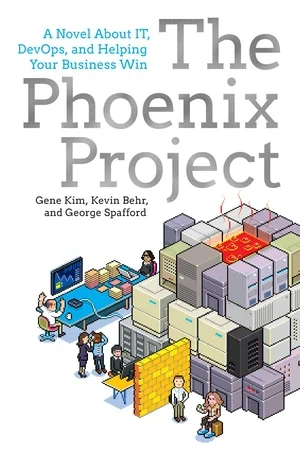Effortless

The follow-up to Essentialism: once you know what matters, make it easy. Simplify steps, automate toil, and design residual results that compound—perfect for platform and DevEx work.
Resources & Links
Effortless teaches you to design systems where the right thing is the easy thing—reduce friction, automate toil, and build residual results.
Who This Is For
Platform engineers, DevEx leads, and managers who want sustainable high performance without heroics or burnout.
Key Takeaways
- Invert the effort question: make essential work easier, not yourself harder.
- Simplify steps first—fewer steps beats faster execution every time.
- Design for residual results: work that keeps delivering after you finish.
- Batch similar tasks to reduce context switching and decision fatigue.
- Automate repetitive essentials to protect capacity for high-leverage work.
Related Books
More titles with similar themes.
Atomic Habits
Build systems that make the right work the easy default; compound small improvements into outsized outcomes.
By James Clear
Essentialism: The Disciplined Pursuit of Less
Success demands systematic discipline for discerning the vital few from the trivial many—making highest contribution by eliminating everything nonessential.
By Greg McKeown
The 80/20 Principle
Focus on the vital few workstreams that drive outsized results—eliminate or automate the trivial many.
By Richard Koch
The Pragmatic Programmer: Your Journey to Mastery
Timeless principles for software craftsmanship that transform good programmers into pragmatic engineers who consistently deliver flexible, maintainable code.
By David Thomas, Andrew Hunt
Thinking in Systems: A Primer
Master leverage points, feedback loops, and system archetypes to solve complex problems by understanding interconnections rather than isolated events.
By Donella H. Meadows
The Phoenix Project: A Novel About IT, DevOps, and Helping Your Business Win
DevOps principles transform dysfunctional IT into business-enabling infrastructure through this gripping novel about constraints, flow, and operational excellence.
By Gene Kim, Kevin Behr, George Spafford





